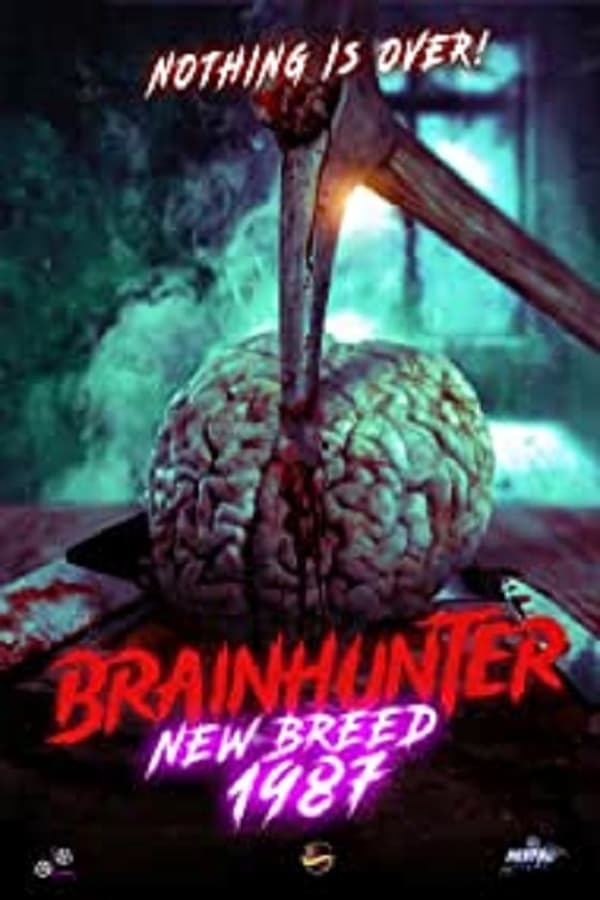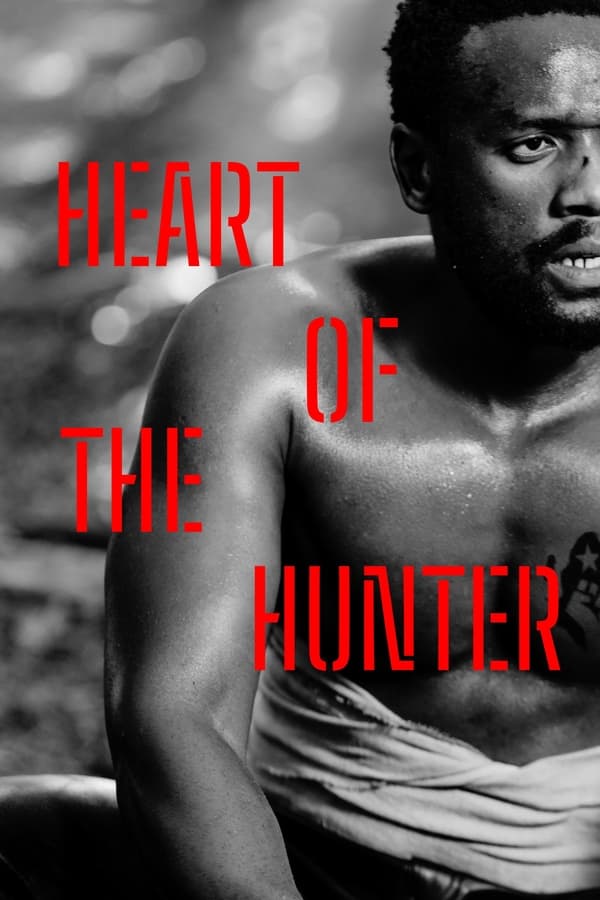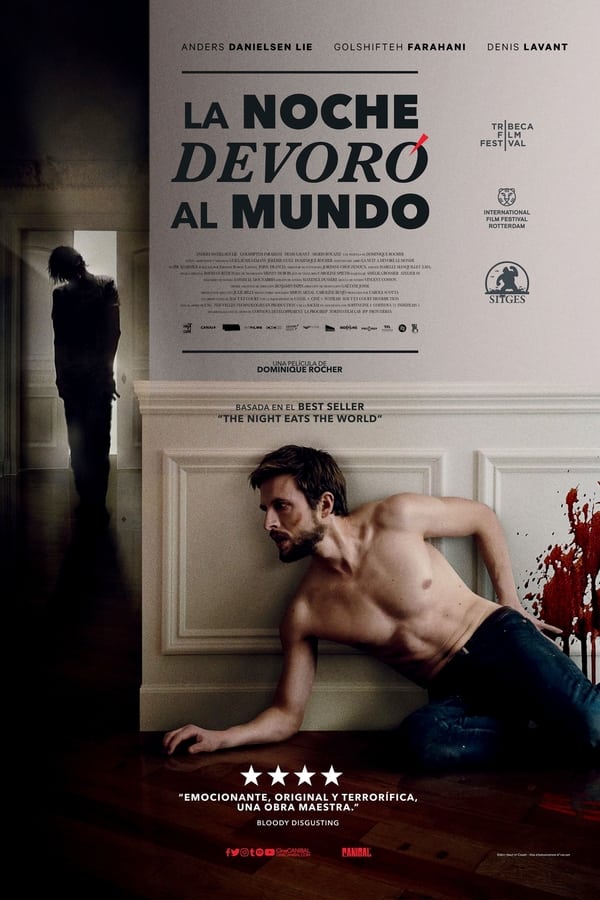
Kraven the Hunter
Kraven: Thợ Săn Thủ Lĩnh (2024)
- Time:
- Directors: J.C. Chandor
- Country: England,
- Genres: Adventure, Martial Arts,
- Release Year: 2024
- IMDB: N/A
- Actors: Aaron Taylor-Johnson, Russell Crowe, Ariana DeBose, Christopher Abbott, Fred Hechinger, Alessandro Nivola, Levi Miller, Chi Lewis-Parry, Duran Fulton Brown, Jessica Zhou, Greg Kolpakchi, Al Nedjari, Murat Seven, Robert Ryan, Rachel Handshaw, Dritan Kastrati, Sachiko Yokoyama, Will Bowden
Kraven the Hunter Eng Sub - Kraven: Thợ Săn Thủ Lĩnh Eng Sub (2024)
In the cinematic wildeess, where heroes and villains tread the treacherous terrain of storytelling, emerges the enigmatic and formidable figure of Kraven the Hunter. Directed by a visionary auteur with a penchant for the extraordinary, this film takes us on a gripping jouey into the psyche of a Russian immigrant named Sergei Kravinoff. In the inimitable prose style of Pauline Kael, we delve into the labyrinth of Kraven';;s quest—a mission that transcends the boundaries of ego and ambition, seeking to prove that he is the unparalleled apex predator, the unrivaled maestro of the hunt.
From the very opening frame, Kraven the Hunter establishes its dominion over the audience, ensnaring our attention with a visual symphony that is both raw and refined. The cinematography, reminiscent of classic noir aesthetics, paints a chiaroscuro portrait of Kravinoff, casting shadows that echo the duality of his character. The choice of a Russian immigrant as the central character adds a layer of complexity, transforming this seemingly straightforward narrative into a commentary on the immigrant experience, resilience, and the pursuit of the American dream.
The film';;s screenplay, a tapestry woven with threads of suspense and psychological intrigue, showcases Kraven';;s evolution from a mere mortal to a larger-than-life presence. The dialogue, sharp and incisive, is a testament to the screenwriter';;s skill in capturing the essence of Kraven';;s unwavering determination and the demons that drive him. Each word uttered by Kraven reverberates with a primal intensity, leaving an indelible mark on the narrative landscape.
As the plot unfurls, the audience is thrust into a world where Kraven';;s hunting prowess is not merely a skill but a transcendental art form. The action sequences, choreographed with a balletic precision, elevate Kraven';;s confrontations with his prey to a cinematic ballet. The fight scenes are not mere clashes of brute force but a dance of strategy and instinct, a testament to the director';;s commitment to crafting a film that transcends the conventions of the superhero genre.
A noteworthy aspect of Kraven the Hunter is the nuanced portrayal of Sergei Kravinoff by the lead actor. His performance is a tour de force, capturing the essence of a character to between the human and the beast within. The actor';;s ability to convey Kraven';;s inteal conflicts, his vulnerabilities, and the relentless drive for supremacy adds a layer of humanity to a character often perceived as a one-dimensional antagonist.
The film';;s supporting cast complements the lead with remarkable chemistry, providing a backdrop against which Kraven';;s odyssey unfolds. The relationships, be they alliances or adversarial, are imbued with a complexity that adds depth to the narrative. The dynamics between Kraven and his fellow hunters, each vying for the title of the world';;s greatest, create a tapestry of rivalry and camaraderie that keeps the audience on the edge of their seats.
Kraven the Hunter';;s visual effects are a spectacle in their own right, seamlessly blending the natural and the supeatural. The CGI work, particularly in bringing Kraven';;s exotic prey to life, is a testament to the advancements in cinematic technology. The lush landscapes, the ferocity of the hunted, and the primal aura that permeates the film are all brought to life with a level of realism that propels the audience deeper into the heart of the narrative.
At its core, Kraven the Hunter is a character study, a psychological exploration of a man consumed by the pursuit of a singular goal. The film delves into the recesses of Kraven';;s mind, laying bare the motivations that drive him to the brink of obsession. In the tradition of Pauline Kael';;s critiques, the movie eschews simplistic morality tales, presenting Kraven not as a mere villain but as a complex figure whose actions are rooted in a twisted sense of purpose.
The thematic richness of Kraven the Hunter extends beyond the immediate narrative, touching upon contemporary issues with a subtlety that resonates. The film becomes a mirror reflecting the obsessions and ambitions that define the human condition, inviting the audience to question their own pursuits and the cost of unchecked ambition.
In conclusion, Kraven the Hunter stands as a triumph in the realm of superhero cinema, a film that transcends the genre';;s conventions to deliver a nuanced and visually stunning narrative. From the gripping performances to the meticulously crafted visuals, every element coalesces to form a cinematic experience that lingers in the mind long after the credits roll. Kraven';;s jouey from immigrant to apex predator is a tale that captivates, challenges, and ultimately leaves the audience in awe of the complexities that define the human spirit. As Pauline Kael might have remarked, in the world of Kraven the Hunter, the hunt for greatness is not just a pursuit—it';;s an art form.











